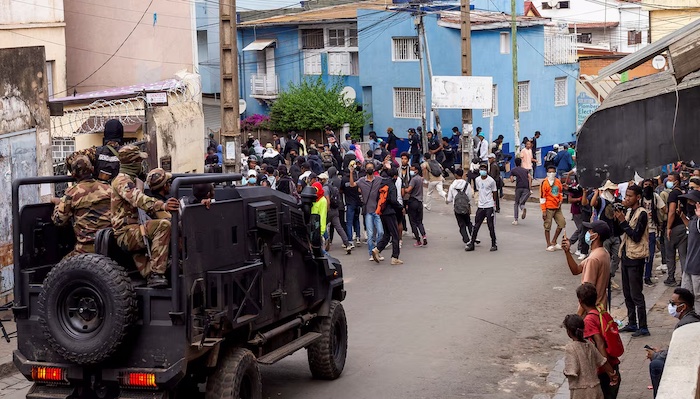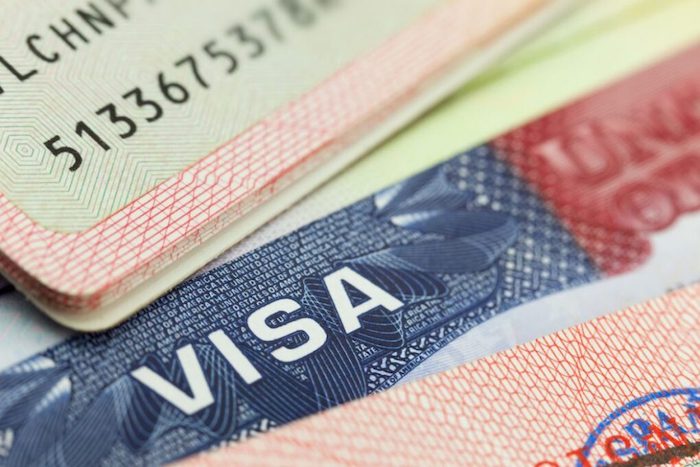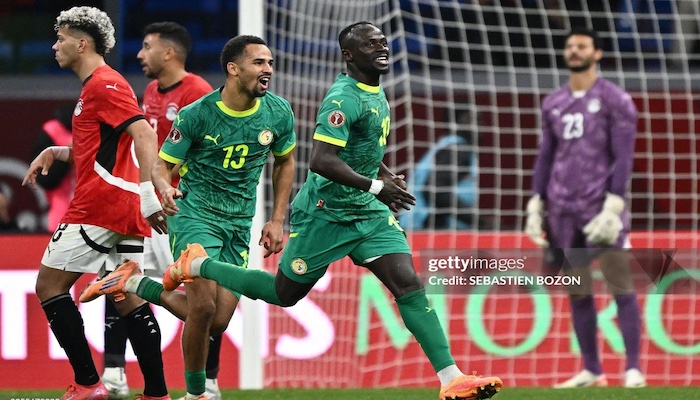
Protests continued across Madagascar on Tuesday, a day after President Andry Rajoelina appointed a new prime minister, with anger spreading to the healthcare sector.
Hundreds of medical students and junior doctors walked out of the Joseph Ravoahangy Andrianavalona Hospital — the country’s largest public hospital — and marched towards the Ministry of Health in Antananarivo.
The demonstration turned tense when police blocked the group a few metres from the ministry. After more than an hour of negotiations, security forces fired tear gas to disperse the protesters.
The protesters, made up of junior doctors and medical students, called for improved working conditions and a stronger healthcare system. “We are doing this for the Malagasy people because the quality of care in Madagascar is very poor,” said one protester. “We will not return to work until our demands are met.”
Medical students in Madagascar reportedly earn around 25 euro cents per hour, while junior doctors make about €100 per month — roughly €1 an hour. They are demanding that their pay be increased to €240 monthly.
“In terms of equipment and infrastructure, the situation is already so precarious—that’s the only word that can describe it. In terms of workload, doctors see around 50 to even 100 patients in some hospitals,” said Dr. Santatra Andriamanantsoa.
In response to the poor conditions, junior doctors have suspended minimum service in public hospitals, deepening the strain on the country’s fragile health system.
The unrest comes shortly after President Rajoelina appointed a new prime minister from the military in an attempt to stabilise his government. The president has also announced plans for a “national dialogue” on Wednesday with various groups, following a 48-hour ultimatum from youth protesters demanding reforms or a nationwide strike.
Faridah Abdulkadiri



